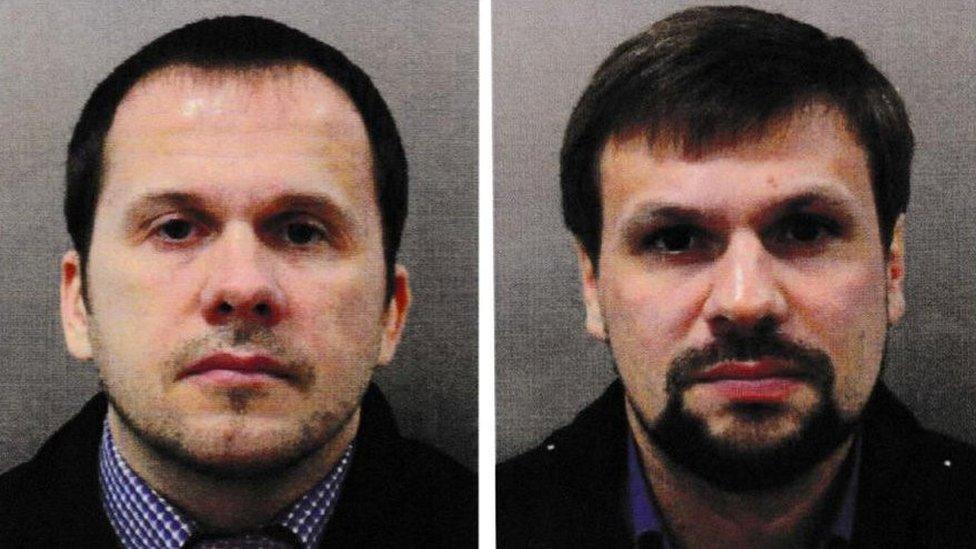Novichok death inquiry likely delayed to next autumn
- Published
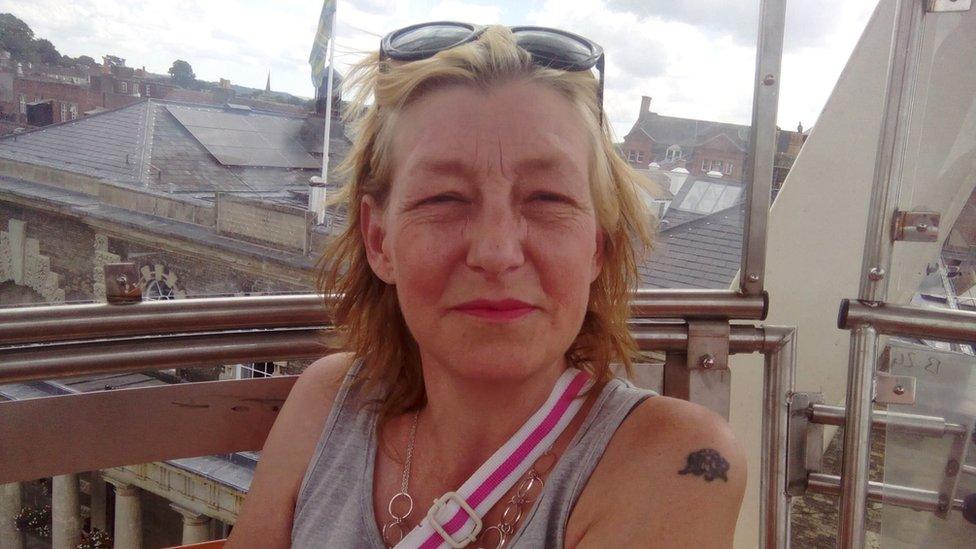
Mother-of-three Dawn Sturgess died after coming into contact with the Russian nerve agent Novichok
A public hearing into the death of Novichok victim Dawn Sturgess will likely be pushed back into next year.
Ms Sturgess, 44, died in July 2018 in Amesbury, Wiltshire, after coming into contact with the nerve agent in what she thought was a bottle of perfume.
A preliminary hearing at the Royal Courts of Justice in London on Friday discussed starting the public hearing next autumn.
Sensitive information in documents is causing delays to proceedings.
Ms Sturgess died in hospital on 8 July 2018 after she was exposed to Novichok that had been stored in a discarded perfume bottle found by her boyfriend Charlie Rowley and given to her as a gift.
The previous inquest into her death was converted into a public inquiry to allow it to have access to top secret intelligence which will be considered in private.
Lawyers acting on behalf of the government have defended the "exceptional" disclosure delays at Friday's hearing, saying sensitive information has been found in more than 1,000 documents.
Lord Hughes, who will be the head of the inquiry, is expected to confirm his decision on the start date before Easter this year.
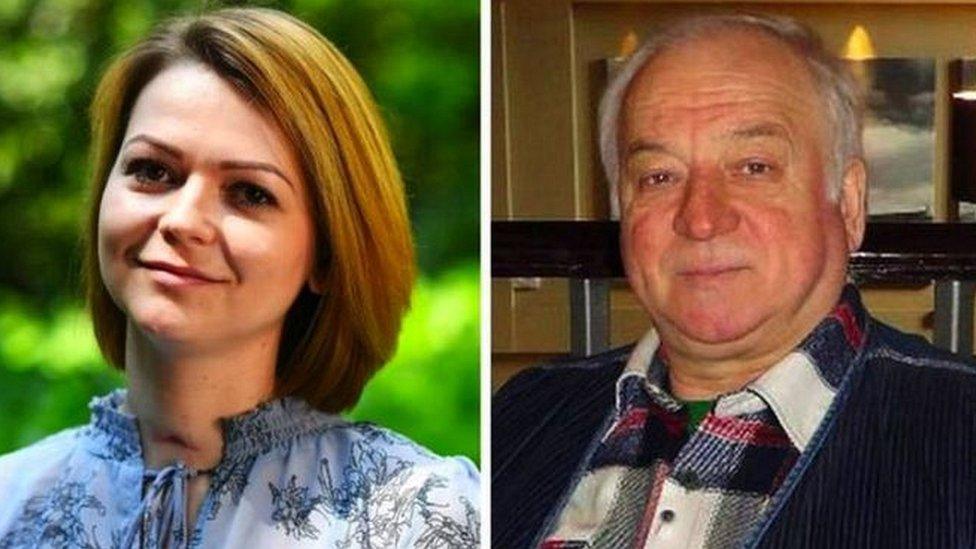
The deadly solution was smeared on the door handle of Sergei and Yulia Skripal's home in Salisbury
The counsel to the Dawn Sturgess inquiry, Andrew O'Connor KC, said there is "still some way to go" and his team would not be ready for substantive hearings until the "middle or end of next year".
The government's KC, Cathryn McGahey, told a hearing at the Royal Courts of Justice on Friday that anything "put on any open system is no longer secure", saying redactions were necessary to protect sensitive information from the "hostile state that is Russia".
On Friday, the family's KC, Michael Mansfield, told the hearing the family wanted rolling disclosure, including CCTV of Yulia Skripal allegedly being followed upon her arrival in the UK.
He told the court there "must be some material that could be released without sensitivities".
'Still some way to go'
Addressing the chairman to the inquiry, Lord Hughes, on the disclosure delays, Mr O'Connor said: "There's no hiding from the fact that the disclosure process in this inquiry is taking an exceptionally long time.
"It is now nearly two years since the first pre-inquest hearing… and there is still some way to go.
"One way of speeding things up would be to allow compromises to be made to the thoroughness or to the openness of your investigation.
"We know that that is something that neither you, nor anyone else involved would wish."
Defending the disclosure delays, Ms McGahey said the government understood the family's frustrations.
'1,000 documents'
She told the hearing: "It is not that progress hasn't been made or that things are being withheld from (the family) that shouldn't be withheld.
"Of course, we understand why the family are asking why things are taking so long.
"We have to assume that anything we put on any open system is no longer secure - it's nothing to do with any wish to withhold anything from the family.
"There have been sensitivities in over 1,000 documents so far."
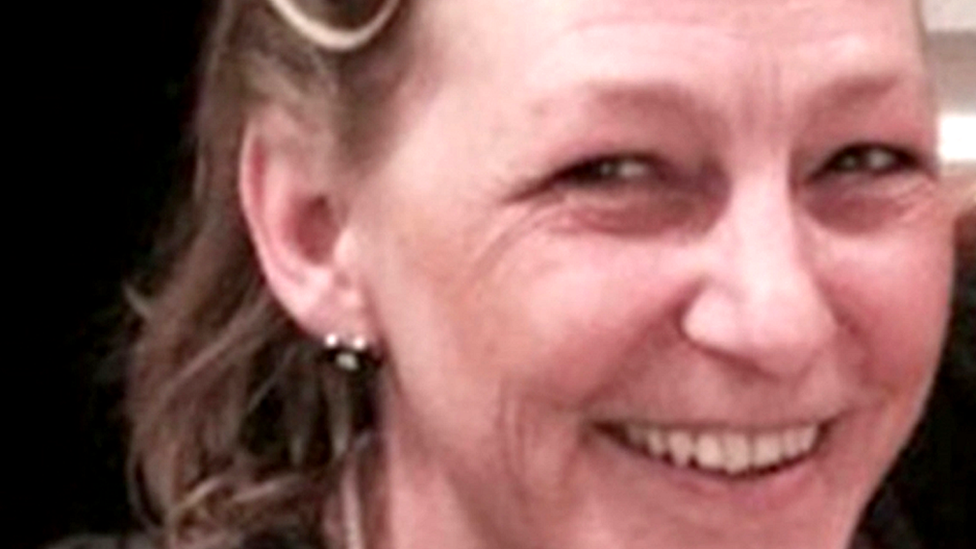
Dawn Sturgess was not the target of the Novichok poisonings but encountered the nerve agent by accident
Ms Sturgess' family and her partner Mr Rowley will be represented by barristers at the inquiry along with Sergei and Yulia Skripal, the original targets of what police believe was a Russian hit squad in Salisbury.
The substance was smeared on Mr Skripal's door handle on 4 March 2018, at his home in Salisbury, eight miles from Amesbury.
Mr Skripal, his daughter Yulia and Mr Rowley survived their exposure to the solution.

Follow BBC West on Facebook, external, Twitter, external and Instagram, external. Send your story ideas to: bristol@bbc.co.uk , external
Related topics
- Published25 March 2022
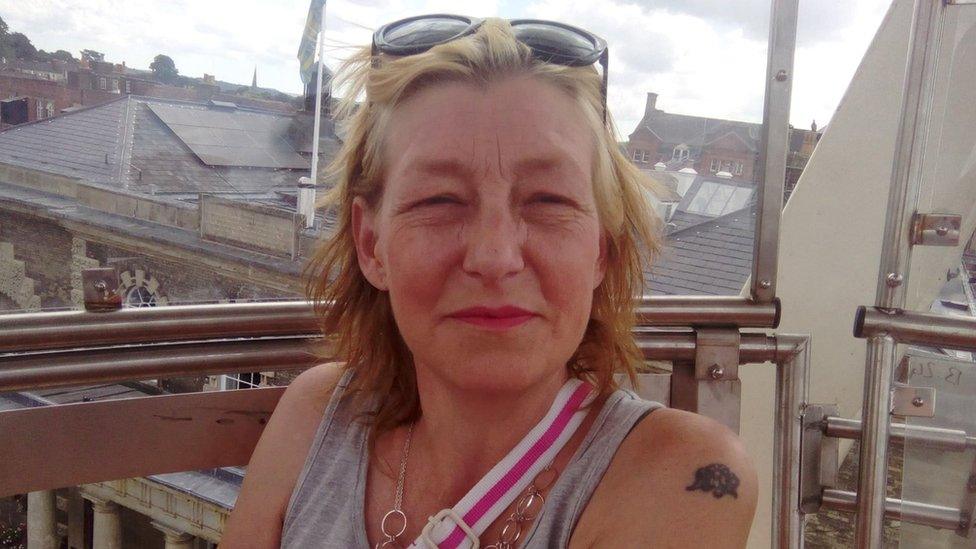
- Published1 March 2022
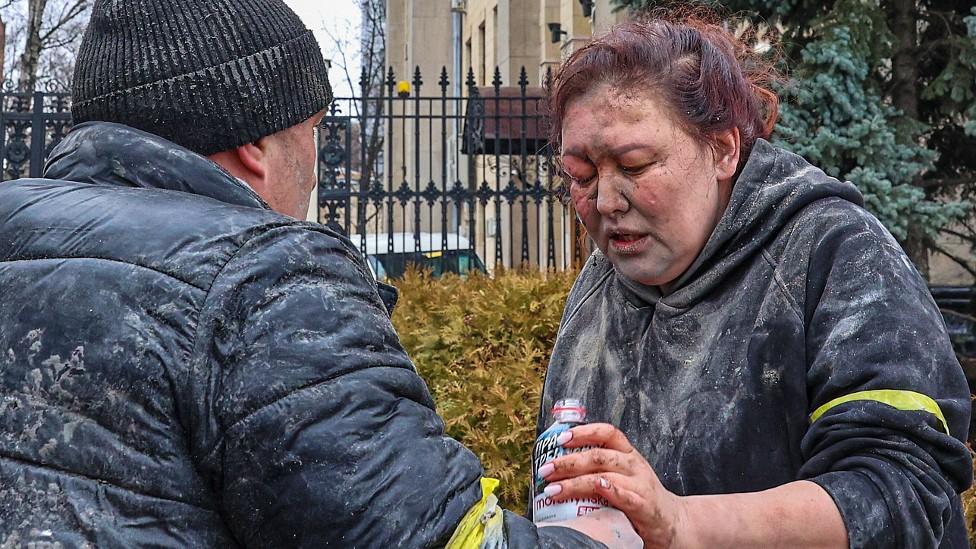
- Published23 September 2021

- Published28 December 2018
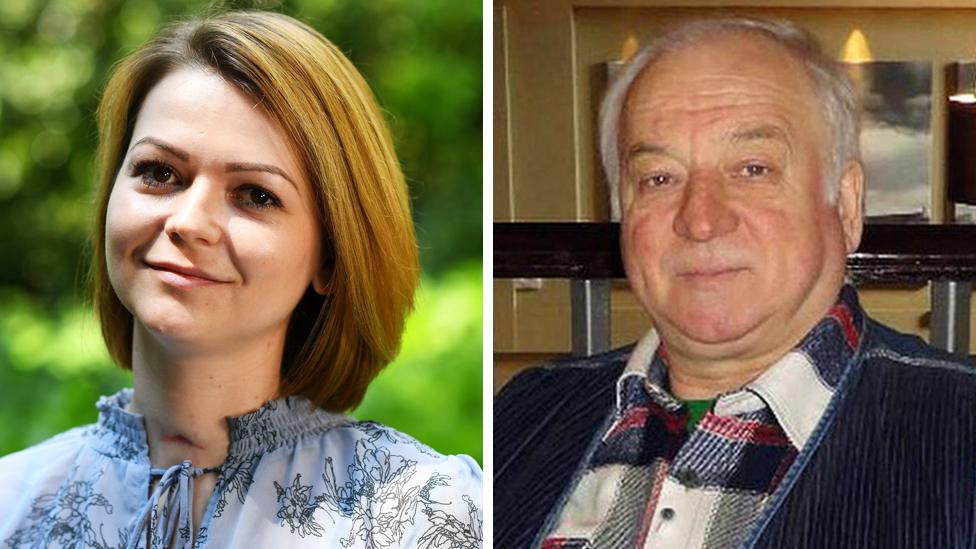
- Published13 September 2018
